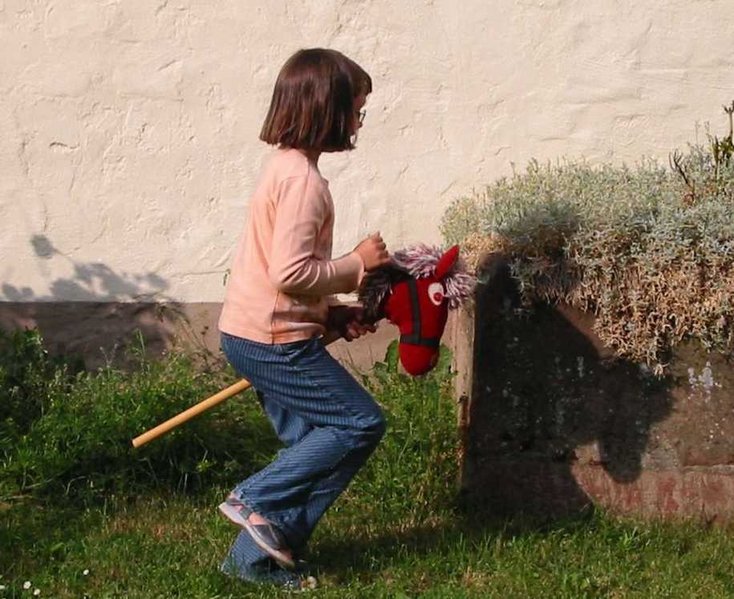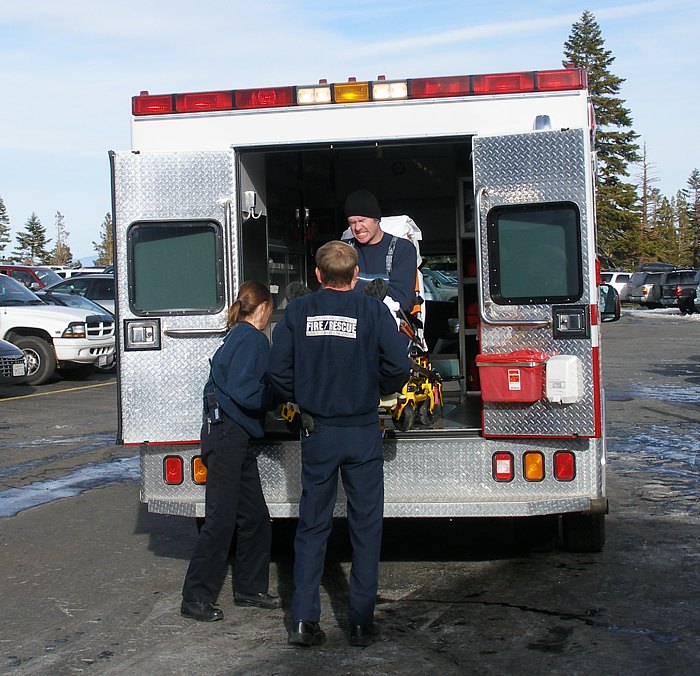- The dangers of giving global medical advice over the internet (yes, I'm looking at you, web sites who are telling everyone to start giving epinephrine even before symptoms)
- The nastiness of assuming this child's family has lost their right to privacy because they've experienced a tragedy (yes, I'm looking at you, web sites who continually stir the pot for internet traffic)
- The danger of wallowing in the very rare, worst-case scenario and the impact it can have on our ongoing anxiety disorders (which, admit it, we all have at this point)
Some kids die and there's nothing we can do about itThe father was a doctor, for heaven's sake! He was right there. He treated her based on his training and experience. I have no doubt he did the best job he could do, probably that anyone could do. And yet she died. The medical community is aware of a hard truth: some cases of anaphylaxis are simply refractive to epinephrine. Sometimes there is nothing that can be done.
And yet, we are all nit-picking the situation apart, hoping to learn something new from it.
I cannot imagine the grief of this family. But I can certainly project that grief onto my own situation if I allow myself to do it.
| Excellent article about how not to say the wrong thing while someone is coping with illness or loss |
How much weirder is it to do this with someone we don't even know personally? To add to their burden by kvetching on the internet when we aren't even in their intimate circle?
Look: I've been writing about this for a year and a half now. If you want to wallow, I'm not going to be able to stop you. If you want to look up every web site, and imagine your child in her place, dead on the floor, it's your choice. But it doesn't help. It doesn't help. And those types of thoughts really can do physical and mental harm.
This is the part that makes me so angry about how these stories are handled on allergy web sites: they are never disseminated with balance. They should ALWAYS be framed with the statistics: only a handful of kids die from allergies each year.
It's odd to think that admitting some kids simply die can be a freeing thought...but it can. We cannot prevent all harm to our children. Whether it's the pedophile, or the car crash after prom, or the runaway food allergy reaction, there are things that just happen. BUT THEY DON'T HAPPEN TO MOST CHILDREN. We take every sensible precaution...but then we have to let go.
By all means: review your medical plan. Challenge your doctor as to whether epinephrine should be administered if there is a known exposure to an allergen, especially if that allergen is tree nut or peanut, and especially if your child is an 11-16 year old girl (hormones seem to increase reaction severity in this group). But, once you're done, set it aside. Live your life.
Keep in mind: anxiety disorders kill too. No one likes to discuss it, but suicide is the third leading cause of death in adolescents, and anxiety is a significant risk factor for suicide. We have a responsibility as parents to achieve balance in our children's lives.
Unfortunately, balanced, responsible reports about food allergy deaths are as rare as the deaths themselves. If you do keep reading these stories, think about that word as you do so: balance. Does the source you are reading balance the presentation of the story with the general risk of death? Does it balance the privacy rights of the family with your need to know? Does it balance education about food allergy fatalities with education about anxiety disorders?
If it doesn't, why are you still reading it?
Follow me on Facebook or Twitter











